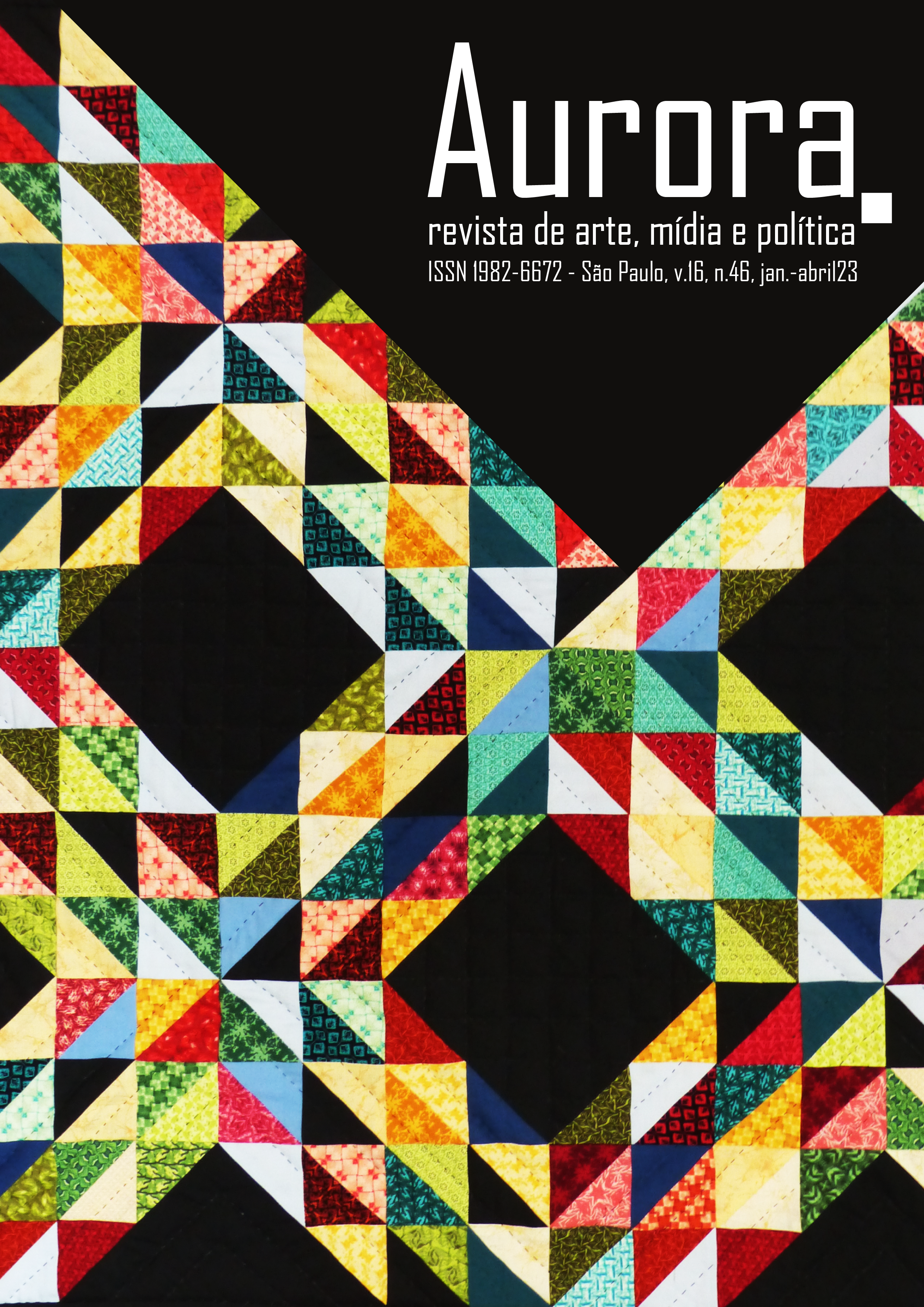Pedagogies of pro-vaccine memes in the context of the Covid-19 Pandemic
DOI:
https://doi.org/10.23925/1982-6672.2023v16i46p47-67Keywords:
Educational Technology, memes, vaccination, Covid-19 PandemicAbstract
Memes are at the center of the mediation of public debate in our time and have been widely used in the context of the Covid-19 pandemic, especially in pro-vaccination campaigns. In this context, the article sought to answer the question: what pedagogies were constructed through the language of memes in vaccination campaigns against covid-19 in Brazil? The objective was to analyze pedagogies produced through internet memes in official vaccination campaigns, in order to highlight present narratives, discourses, senses and meanings. The method used was qualitative, descriptive and analytical. The analysis method was content analysis. The study concluded that the appropriations and replications of memes about vaccines articulate a repository on various topics that mobilize and generate different important pedagogical discourses for scientific dissemination that articulate and mediate network narratives.
References
ARAPIRACA, M. Riso e educação. Prólogo de uma paideia. Salvador: EDUFBA, 2017.
BARDIN, L. Análise de conteúdo. Lisboa: Edições 70, 2015.
BERGSON, H. O riso: ensaio sobre a significação da comicidade. Tradução: Ivone Castilho Benedetti. São Paulo: Martins Fontes, 2004.
BENTES, I. A memética e a era da pós-verdade, 2016. Revista Cult. Disponível em: https://revistacult.uol.com.br/home/a-memetica-e-a-era-da-pos-verdade. Acesso em 22/07/2022.
CRESWELLl, J. W. Educational research: planning, conducting, and evaluating quantitative and qualitative research (4th ed.). Lincoln, NE: Pearson; University of Nebraska Press, 2011.
CHAGAS, V. A cultura dos memes: aspectos sociológicos e dimensões políticas de um fenômeno do mundo digital. Salvador: EDUFBA, 2020.
COUTO, E. S. Pedagogias das conexões. Produções de conteúdos e redes de compartilhamento. In SALES, M. V. S. (org.) Tecnologias digitais, redes e educação: perspectivas contemporâneas. Salvador: EDUFBA, 2020, pp. 57-78.
DAWKINS, R. The Selfish Gene. Oxford: Oxford University Press, 1979.
EXTRA. Coronavírus: Brasileiros postam mais memes do que mensagens de medo na web. Disponível em: https://extra.globo.com/noticias/saude-e-ciencia/ coronavirus-brasileiros-postam-mais-memes-do-que-mensagens-de-medo-na- web-24278071.html. Acesso em 25/04/2023.
FERRAZ, Obdália (org.) Educação, (multi)letramentos e tecnologias. Salvador: EDUFBA, 2019.
MYRICK, Jessica Gall. Consuming Memes During the COVID Pandemic: Effects of Memes and Meme Type on COVID-Related Stress and Coping Efficacy. Psychology of Popular Media. https://doi.org/10.1037/ppm0000371.
OLIVEIRA, K. E; PORTO, Cristiane; SANTOS, Edméa (Org.). Memes e Educação na Cibercultura. Ilhéus: Editus, 2022.
OLIVEIRA, K. E. DE J.; COUTO, E. S; PORTO,Cristiane. “Não sou obrigado a ser Cult: o museu de memes enquanto espaço de Educação, Inovação e divulgação científica. Revista da FAEEBA - Educação e Contemporaneidade, v. 30, n. 64, p. 210-225, 19 nov. 2021.
OLIVEIRA, K. A ciência dos memes e os memes da ciência: educação e divulgação científica na Cultura digital (Tese de Doutorado em Educação). Universidade Tiradentes: Aracaju, 2020.
SHIFMAN, L. Memes in a Digital Culture. Cambridge, MA: The MITpress, 2013.
Downloads
Published
How to Cite
Issue
Section
License
Copyright (c) 2023 Aurora. Journal of Art, Media and Politics.

This work is licensed under a Creative Commons Attribution 4.0 International License.










